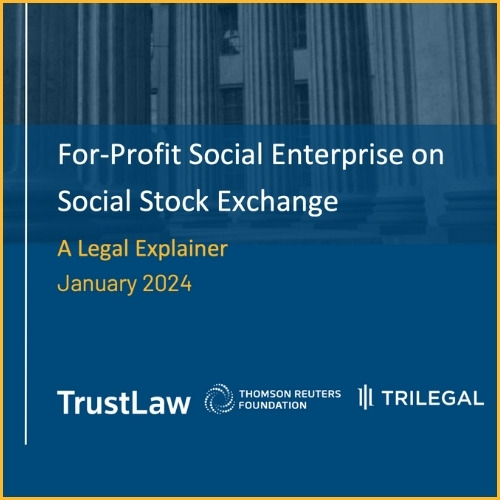This group seeks to provide a space for comprehensive discussion and knowledge sharing among intermediaries looking to better support SGBs in the area of access to finance. It helps address issues that challenge both ANDE members and the SGBs that they support as they seek to access debt and blended finance capital.
The type of financing that SGBs need can broadly be classified into the following categories: equity, debt, grant, and hybrid. While equity flow into impact investing in India is robust and growing, debt flow is still largely underdeveloped, it is getting increasingly popular with non-bank financial institutions. Results-based financing (RBF) models are also emerging and could get a much-needed boost with relaxation of certain CSR guidelines.
This Learning Lab will seek to provide a space for comprehensive discussion and knowledge sharing. We aim for it to act as a guide and connection point for intermediaries looking to better support SGBs in the area of access to finance. We will focus on issues that challenge many ANDE members and the SGBs that they support as they seek to access debt and blended finance capital.
The goal of the Learning Lab is to help our members discuss, identify, and develop solutions to these financing challenges.
- Curate knowledge among ANDE members and external experts on existing debt instruments.
- Explore the use of new debt instruments and innovative financing instruments for various financing needs of SGBs, such as Social Success Notes.
- Facilitate better understanding and greater flow of debt financing, CSR capital, and blended finance for SGBs.
ANDE staff contacts: Saipriya Salla and Sucharita Kamath

India urgently requires a significant capital boost to meet its 2030 Sustainable Development Goal (SDG) and tackle climate change. Impact investing, which mobilizes philanthropic and commercial funds, presents a viable solution to pressing social issues.
Efforts such as the Social Stock Exchange (SSE) and regulatory updates seek to expand the funding pool for social enterprises, facilitating their growth. Against this backdrop, ANDE South Asia, in partnership with TrustLaw, has crafted this guide. It offers targeted advice on how both local and international impact investors can utilize the SSE to invest in Indian social enterprises.
Social enterprises have a dual mission to achieve impact and financial returns and often find it hard to raise patient capital for growth as they don’t offer the hockey stick projections that investors are looking for. Confronted with this challenge, they may be forced to drift away or abandon their social mission all together, to chase after more lucrative customer segments or product pricing. Impact-linked debt instruments such as Social Success Notes provide an elegant solution.
India consumes one-third of the global standards when it comes to per capita energy consumption. The level of plastic usage is among the lowest and there is a meagre 4% air conditioning penetration in the country. As India moves up the development ladder and aims to be a $10 trillion economy in the next 10 years, there is going to be a great demand for housing, energy, food and transportation. This scenario will hold true for all emerging economies across the world. A scenario that creates a tremendous opportunity for capital to be deployed in these sectors should be good news.
The discussion focused on understanding Masala Bonds as instruments of debt both from an investor's and an entrepreneur's lens.
Social Success Notes (SSNs) hold the promise of addressing the missing-middle financing gap for impact SGBs by mobilizing commercial capital into these businesses while overcoming the long-entrenched trade-off between social impact and financial return.
